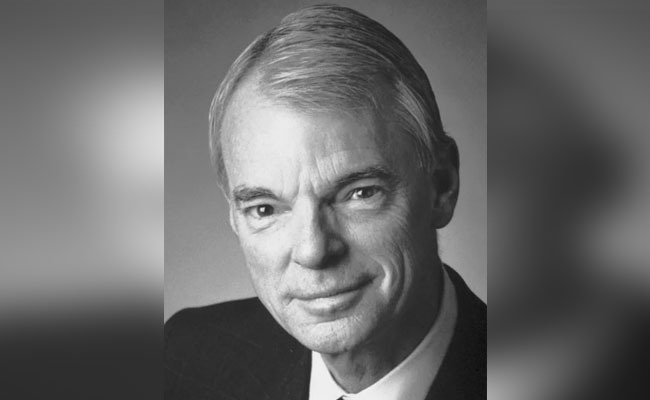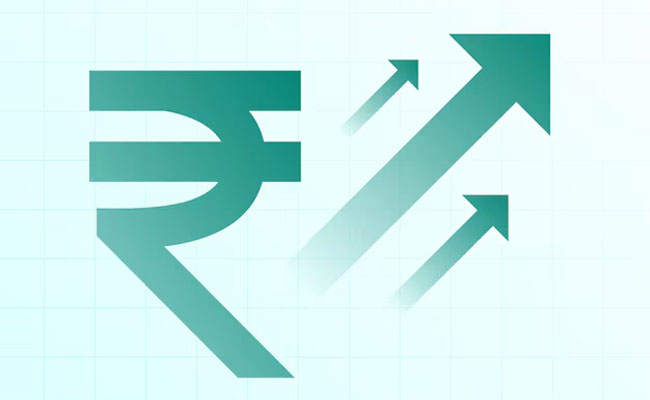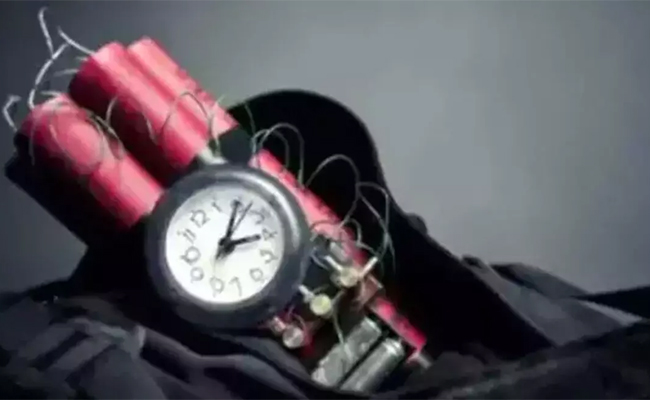Noida (PTI): Noting that India is a major economy with the highest potential growth rate right now, Nobel laureate economist A Michael Spence said the country has successfully developed by far the best digital economy and finance architecture in the world.
Spence, who was awarded the Nobel prize in Economic Sciences in 2001, shared his views during an interaction with students and faculty at the Bennett University in Greater Noida on Monday.
"The major economy with the highest potential growth rate right now is India. India has successfully developed by far the best digital economy and finance architecture in the world. It is open, competitive and delivers services of an inclusive kind to a vast array of territory," the Nobel laureate said, according to a statement issued by the varsity.
Spence also pointed out that the world is experiencing a "kind of regime change in the global economy".
Tracing the evolution of the global economy after World War II, Spence said that the 70-year-old global system is "breaking down" due to pandemics, geopolitical tensions, climate shocks, etc.
Emphasising that the global system -- built on economic criteria like global supply chain centred around efficiency and comparative advantage considerations -- is undergoing a rapid transition, he pointed out that "in a shock-prone world, it doesn't make sense to have single sourcing".
With the centre of gravity shifting steadily towards the East, there is a fundamental change in the global economy whereby supply chains are getting diversified and global governance is becoming more complicated than ever before, he added.
Despite the challenging time, he said what gives optimism is the affirmative answer to the question: whether we have counter-measures to enhance human welfare?
He also outlined the enormous progress in science and technology which can contribute to enhancing human welfare, including generative AI, revolutions in biomedical life sciences and massive energy transitions.
He cited the example of competitive pricing of solar energy and quoted the cost of DNA sequencing having reduced from USD 10 million dollar earlier to USD 250 now. However, he added there is downside to this technological growth, and emphasised on its availability to both big and small businesses alike.
"We now have incredibly powerful scientific and technological tools that, if we use correctly, can be used to essentially deliver wellbeing and opportunity to a wide range of people," said Spence, who was recognized for his analysis of markets with asymmetric information.
Let the Truth be known. If you read VB and like VB, please be a VB Supporter and Help us deliver the Truth to one and all.
Girona (Spain) (AP): Lamine Yamal missed a penalty as Barcelona lost at Girona 2-1 on Monday and passed up a chance to overtake Real Madrid at the top of La Liga.
The defeat was the second in less than a week for Barca and left it second in the table, two points behind Madrid.
A win would have taken it above its archrival but, instead, a crisis brewed for coach Hansi Flick, whose side lost to Atletico Madrid 4-0 in the Copa del Rey last week.
The second loss came even though Barcelona took the lead early in the second half.
Yamal hit the post with his spot kick on the stroke of halftime but 14 minutes into the second period Pau Cubarsí met Jules Kounde's cross from the right and placed his header perfectly into the top corner.
The goal was Barcelona's 100th in all competitions this season and made it the second club in Europe's big five domestic leagues to hit the century after Bayern Munich.
However, Girona roared back into the game just three minutes later.
Barcelona's Joan Garcia was already the busier of the two goalkeepers but he could not stop Thomas Lemar side-footing home from close range after nice work from Vladyslav Vanat on the left wing.
Both sides pushed for a decisive second and it was Girona who executed with three minutes remaining, substitute Fran Beltrán scoring with a low shot from just inside the box.
Girona's Joel Roca was sent off in the dying seconds but there were no more goals.
The victory ended a three-game winless streak for Girona and lifted it three places into 12th, equal on points with Getafe.
Only seven points separate the 11 clubs from eighth to 18th in La Liga.





